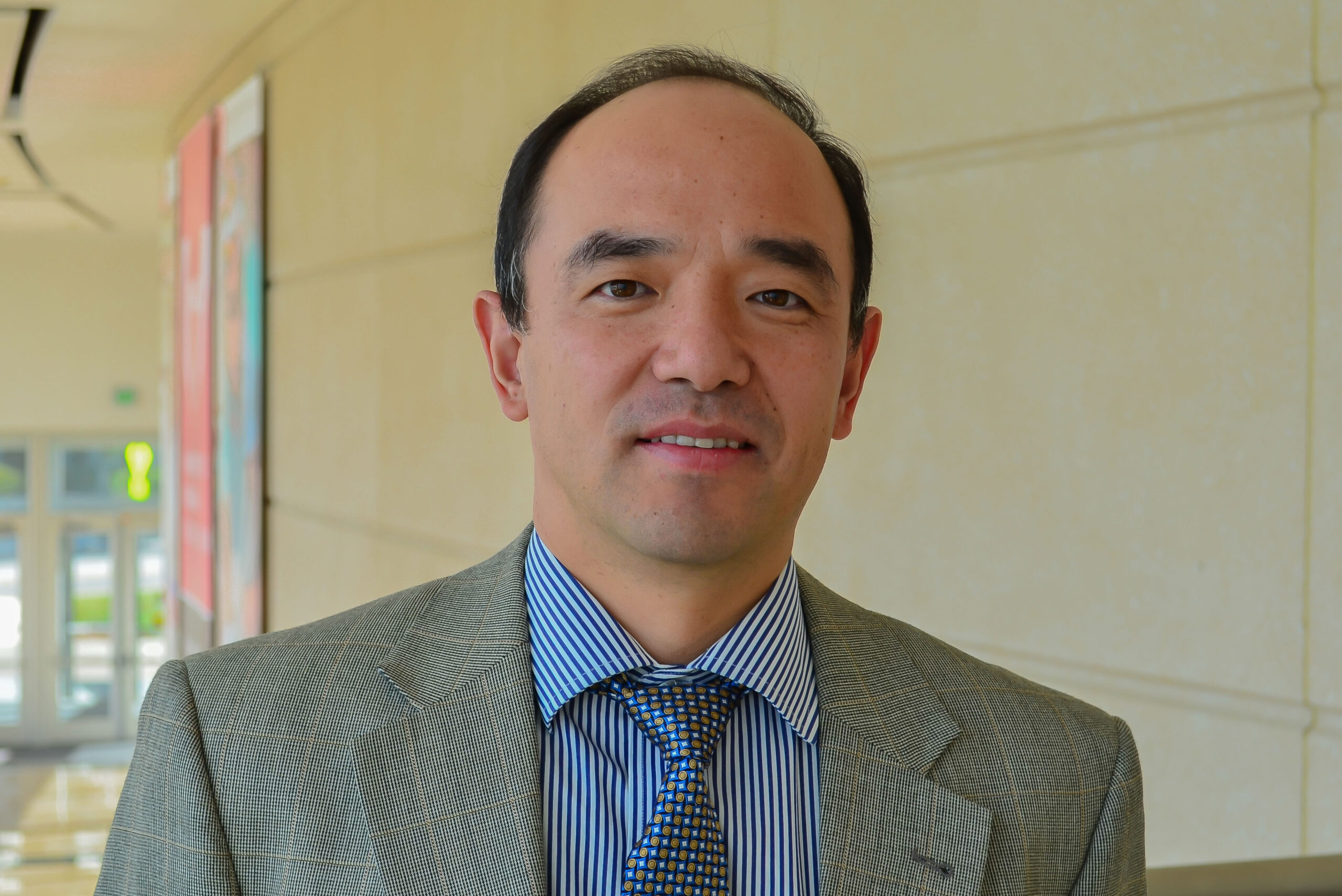A UNMC national study designed to gauge the impact of the COVID-19 pandemic on health disparities in the United States has resulted in at least 10 peer-reviewed publications since its initiation in 2020, with more in the review process.
Titled “Health, Ethnicity and Pandemic” (HEAP), the study is led by UNMC’s Center for Reducing Health Disparities, housed within the College of Public Health. Dejun Su, PhD, director of the center, said the center worked with the National Opinion Research Center at the University of Chicago and investigators from 10 institutions across the nation, including UCLA and New York University.
Information from the study is being used in papers that chart COVID-19’s impact on Americans’ health status, including emotional, mental and physical health, and to identify stressors that contribute to those impacts.
Some of the key findings based on publications from the HEAP study include:
- Many Americans now resort to telehealth to meet their health care needs, with 43% of adult Americans reported the use of telehealth during COVID-19. Being uninsured or living in communities with limited broadband was associated with lower odds of telehealth use.
- Americans who worked from home had higher odds of psychological distress, compared to those who did not work from home during COVID-19, after adjusting for the effect of demographic factors, socioeconomic status and health behaviors. Moreover, the association was more apparent among women than men.
- When asked whether they had been discriminated or unfairly treated during COVID-19 because of their racial/ethnic background, 9% of adult Americans reported yes. The proportion was much higher among racial and ethnic minorities (19% among African Americans and Asians, followed by 15% among Hispanics).
- For Americans who reported experiencing discrimination during COVID-19, the most common strategies they adopted in coping included social avoidance, direct confrontation, seeking social and religious support, resorting to hobbies for relief and taking legal actions. Living in a racially diverse neighborhood was associated with lower chance of experiencing discrimination.
- Survey respondents reporting discrimination also reported associated psychological distress and negative changes in health behaviors, as well as delaying or forgoing health care services during COVID-19.
- The COVID-19 pandemic has resulted in negative changes in health behaviors among Americans, as indicated by a significant decrease in physical exercise, and increases in screen time, alcohol abuse and heavy smoking.

This is exciting work, Professor Su!
You’re so incredible, Dr. Su!
This survey was a game-changer!
Congratulations! Kudos, Dr. Su!